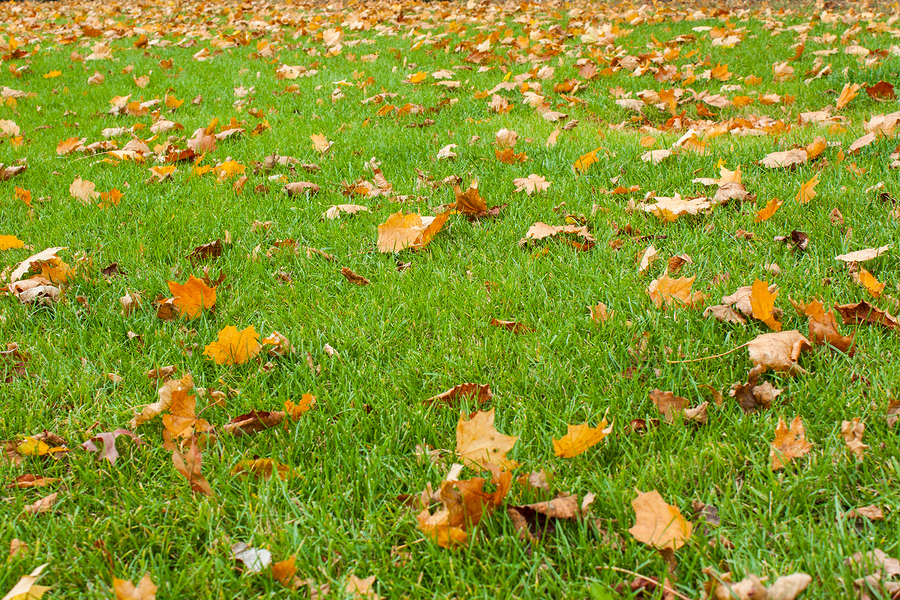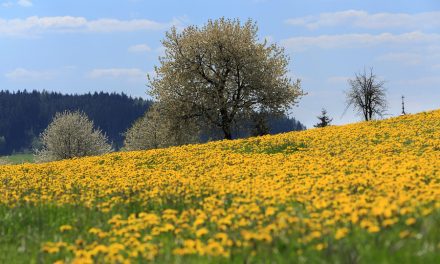If you live in a place where the fall leaves are abundant then you are probably not looking forward to the inevitable: raking.
However, it turns out those leaves are filled with anthocyanins, a few flavonoids, and the remnants of carotenoids (which provide most of their brilliant colors) and it’s actually better for the lawn and the environment to leave them where they are!
According to David Wolfe, there are many benefits to leaving your leaves where they lie: 1
- Fallen Leaves Provide Habitat to Creatures – All sorts of little animals rely on leaf cover to survive and build nests. These include salamanders, frogs, toads, box turtles, many terrestrial invertebrates, and other creatures.
- Leaves Provide Nutrients for Organisms – Leaves are a natural part of any ecosystem. “Every resident of the leaf litter—or visitor to it—is connected to the food web in some way,” says Elizabeth Johnson, a program manager at the American Museum of Natural History’s Center for Biodiversity and Conservation.
- Reduce Waste – Throwing away leaves is very wasteful. The Environmental Protection Agency reported that in 2011, yard trimmings accounted for 13.5% of solid waste (approximately 33 million tons). Don’t let your leaves be wasted, they have critical benefits to wildlife and your garden.
- Increase Soil Fertility – Leaving leaves alone and letting them naturally decompose adds nutrients to the soil. Leaves also increase the soil’s water retention.
- Reduce Pollution – Leaf blowers and the trucks used to haul away leaves pollute. Artificial fertilizers also pollute. However, leaves are natural fertilizers that do not pollute and actually improve the soil.
- Saved Time – By not focusing on removing leaves, one can focus on other fun stuff to do during the fall. “That time could be spent on other projects, like building an amphibian house, or ice skating, or having The Best Day Ever outdoors. You do not have to ditch the rake completely; you can use it to move leaves onto your flower beds or a compost or leaf mold pile.”
So, what do you do if you live in a neighborhood that doesn’t allow you to skip raking? Well, you’ve got options. You can pile them into a corner of your yard and let them decompose (check out the video below), you can add them to your compost pile, share them with local farms or schools, create a wildlife brush shelter, or use them to create fall projects!
What do you do with your leaves? Would you consider leaving them this fall?












